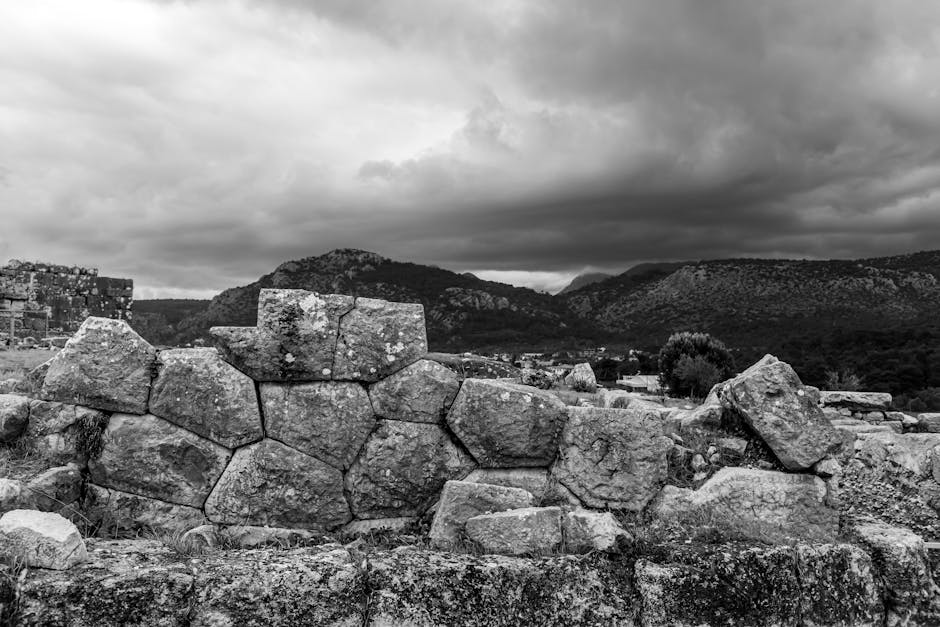Human societies have consistently grappled with the complexities of organizing themselves. From the earliest tribal structures to the intricate bureaucracies of modern states, various methods of governance have emerged, each reflecting the specific needs, values, and circumstances of a given era and culture. Examining these diverse approaches provides valuable insights into the evolution of human societies and the enduring quest for effective and equitable power structures.
Primitive Forms and Tribal Systems: Early human societies relied on rudimentary forms of governance deeply intertwined with social structures and kinship. Leadership in these communities often stemmed from charismatic individuals possessing skills in hunting, conflict resolution, or spiritual guidance. Clan-based systems and tribal councils, where elders or recognized figures held sway, were common features. Decisions were typically made through consensus, although power dynamics could vary based on factors like kinship ties, resource control, and individual prestige. Archaeological evidence, such as burial rituals and material remains, sometimes offer clues to the status hierarchies within these communities. For example, the elaborate burial goods associated with certain individuals in Neolithic settlements suggest a degree of social stratification, hinting at the emergence of early forms of elite authority.
The Rise of Empires and Hierarchies: As populations grew and societies became more complex, centralized forms of governance emerged. Empires, often forged through conquest or expansion, required sophisticated methods for controlling vast territories and diverse populations. These structures, ranging from the Roman Empire to the Persian Achaemenid Empire, utilized elaborate administrative systems, bureaucracies, and legal codes. These methods reflected an increasing need for efficient resource management, tax collection, and maintaining order. Historical accounts, royal decrees, and tax records, unearthed through archaeological excavations, frequently illustrate the intricate workings of these early empires. The decipherment of cuneiform tablets, for instance, provided invaluable insights into the administrative practices of Mesopotamian empires, revealing their intricate systems of taxation and record-keeping.
City-States and Civic Participation: Distinct from vast empires, city-states like those found in ancient Greece and Italy fostered a different model of governance. These urban centers frequently operated as independent political entities, with a degree of citizen participation in decision-making. The development of assemblies and representative bodies, although often exclusive to a portion of the populace, laid groundwork for later democratic systems. Historical records, including inscriptions, oratory transcripts, and philosophical writings, offer a rich tapestry of information about the dynamics of civic life and the evolution of political thought within these city-states. Excavations of public spaces, like marketplaces and council halls, can reveal the physical expressions of these civic institutions.
Theocratic Rule and Divine Right: Many societies throughout history attributed legitimacy to their rulers based on divine authority. Rulers often claimed a direct connection to the gods or goddesses, bolstering their power through religious rituals and institutions. Ancient Egypt, for example, witnessed the Pharaohs positioned as divine intermediaries, reflecting a deep connection between religious beliefs and political power. Analysis of religious texts, temple architecture, and royal imagery can shed light on the ways in which theocratic governance shaped societal structures and individual lives.
Feudalism and Decentralization: Feudalism, a system prevalent in medieval Europe, and other parts of the world, exhibited a decentralized approach to governance. Power was dispersed amongst numerous lords, who held land and authority in exchange for military service and loyalty to a king or emperor. This system, marked by a complex web of obligations and hierarchies, emphasized personal relationships and localized power. Historical accounts, such as chronicles and legal documents, reveal the intricate workings of feudal contracts, while archaeological evidence such as castle fortifications and manorial estates provide a tangible understanding of the economic and social structures underpinning this system.
Monarchy, Oligarchy, and Tyranny: Throughout history, various forms of monarchical rule have exerted significant influence. From absolute monarchies to constitutional monarchies, royal power often underpinned the system of governance. Contrastingly, oligarchies concentrated power in the hands of a select few, often based on wealth or social standing. Furthermore, tyrannical rule, marked by the abuse of power and suppression of opposition, has also featured throughout history. Understanding the differences between these forms requires careful analysis of historical sources, including royal decrees, legal codes, and historical accounts. Archaeological data might illuminate patterns of wealth accumulation or evidence of resistance movements.
Democratic Systems and Representative Government: Emerging from the Enlightenment and later periods, democratic systems moved towards representative forms of government, where citizens exercise their power through elected officials. Modern republics and democracies, with various iterations, showcase an evolving emphasis on citizen participation, individual rights, and the rule of law. Historical accounts of constitutional development, political speeches, and legal documents chronicle the evolution of these systems. Furthermore, examination of public monuments and commemorative structures can underscore the symbolic significance of these forms of governance in society.
The Modern State and Global Interdependence: Contemporary models of governance increasingly emphasize the interconnectedness of the world. Global institutions, international agreements, and transnational corporations frequently influence policy and decision-making. Tracing the development of international relations and the evolution of global governance mechanisms requires a deep understanding of the interactions and conflicts between nations and organizations.
Conclusion:
The evolution of governance methods throughout history demonstrates a continuous interplay of power, societal structures, and individual agency. From primitive tribal systems to complex modern states, societies have adapted their approaches to organizing themselves and managing their resources. Studying these various models, grounded in both historical accounts and archaeological findings, offers crucial insights into the dynamics of human civilizations and the ongoing quest for effective and just forms of governance. Understanding the past, in all its complexity, equips us to better comprehend the challenges and opportunities of shaping our own future.
